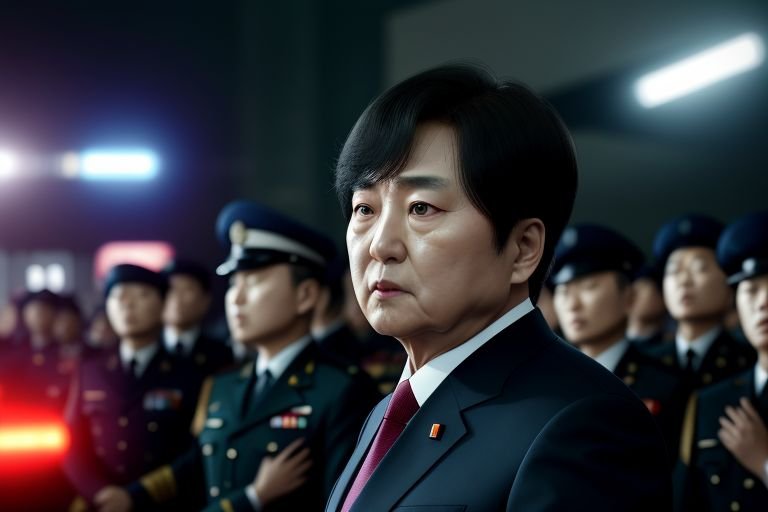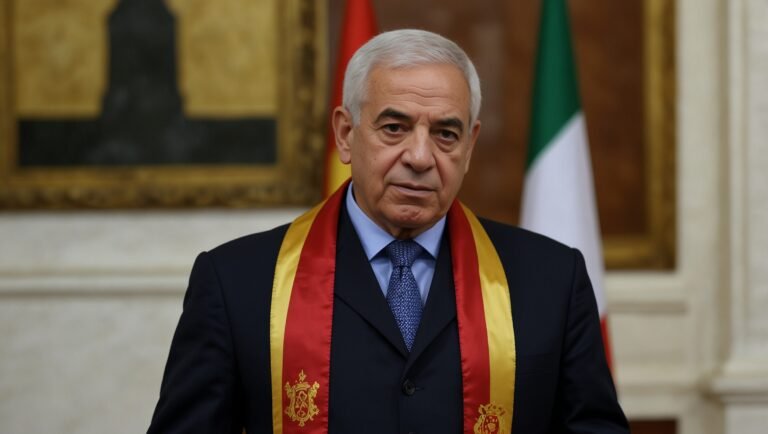The measures have caused confusion in South Korea as the leader declared martial law for a few moments only to retract the statement allowing the opposition to demand his resignation or impeachment. The highly-publicized act that used Section 77 of the South Korean Constitution aimed at achieving what Yoon considered a dangerous national crisis. However, the plunging decision-making coupled with an equally sharp withdrawal from the statement has raised many eyebrows over the president’s sanity.
Martial law is a state of military law that gives powers to the president to put the military in charge over civil laws in a certain period of time. That Yoon decided to employ this measure, seldom resorted to by past presidents, sparked deep ripples in South Korean society and the political domain. In the speech inauguring the order, Yoon pledged to remove pro-Democratic political actors and denounced the Democratic Party’s impeachments of central government figures. However, failure to explain why such drastic action was necessary immediately created controversy among responsive citizens and legislators.
This led to a very vehement reaction against the decision by Yoon. Parliamentarians from the opposition led by the Democratic party have been quick to condemn the president’s actions. They point out that the announcement of martial law was unlawful when it is an activity confined to the head of the state and a threat to South Korea’s democracy. This incident has increased pressure on Yoon to step down or to face impeachment to challenge whether he has the capability to steer Korea effectively.
It has also come with its social implications on the international relation of South Korea. It has been further indicated that a visit by the U.S. Defence Secretary next week has been called into question. Some of South Korea’s allies have been worried about the state of politics in South Korea ever since the martial law declaration was done. This diplomacy eruption makes an already unruly situation to become even worse especially to South Korea which has to balance between different powers within the region and the rest of the world.
While moving through the political crisis, concerns about the future prospects of the actions initiated by Yoon are also growing. The, event has paved way to understanding the relationship between the executive branch of the government and democratic oversight in the context of South Korea. It has also raised question over the place of military in civil politics as well as the conditions that warrants the emplacement of martial law. These discussions will determine the future of politics and policy-making in South Korea.
Pending the next few days and weeks, South Korean politics and the future of President Yoon remains uncertain. While the policymakers gear up for the next steps, the attitudes of the population repeat the same dilemma. The passage of this crisis will not only affect the internal politics of South Korea but also the country’s international relations. On the one hand, the world observes how South Korea copes with this situation and sustains democracy and commitment to its international obligations.





